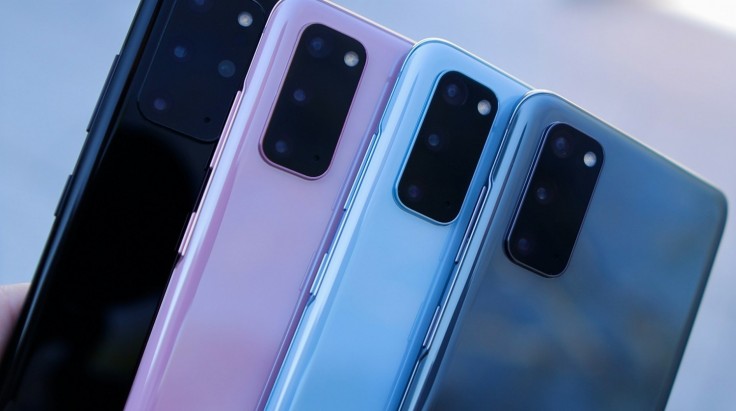Phones, like any other devices, have lifespans or cycles that estimate how long can a device be used before switching to a new one.
However, these technological limitations have seemingly become more prevalent as people are forced to upgrade their devices in a much shorter period each passing year.

Here is some proof that modern smartphones are getting much shorter lifespans in every new release:
OS Update Limiting Phones' Usability
One incriminating evidence for this is how operating system updates limit how long owners can use their devices.
While phone makers have always been limited to how long their devices can receive software and security updates, newer phones noticeably only receive updates for less than a decade compared to older releases.
These often restrict the phone's accessibility for two to four years with only a few still usable after the five-year mark.
App Updates Push Out Older Phone Models
Similar to OS updates, phone apps, especially those that require an internet connection, often have close links to the device's operating system.
While many app publishers often depict these "phaseouts" as a way to keep their software's security capabilities, the process also makes many devices obsolete from these functions.
This is why many apps and services are often "phased out" of phones running on older OS as the developer no longer provides system support to that version of the app.
With phones having limited chances to upgrade to a more modern OS, many device owners are being forced to purchase newer phones that can still access certain apps and services.
Hardware Being More Suited for Short Lifespans
Even hardware used in newer phone models indicates that the device is only meant for several years until the user needs to replace its components or switch to a much newer phone.
One example is the surge in newer devices becoming more susceptible to overheating and fast battery drains as phone makers prioritize the device's processing speed over its durability.
As with other devices, phones' hardware is not suitable for prolonged heat as it can speed up the damage to the device.
With many companies planning to integrate more high-process intensity AI functions into their new phone line-ups, it is easy to see how phones would be more likely to expire sooner.









